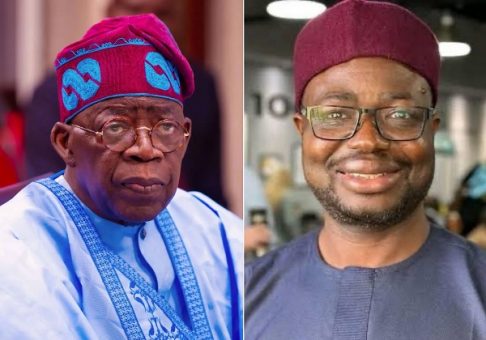BIG STORY
Electoral Fraud Perpetrated By INEC Will Be Reversed — Atiku
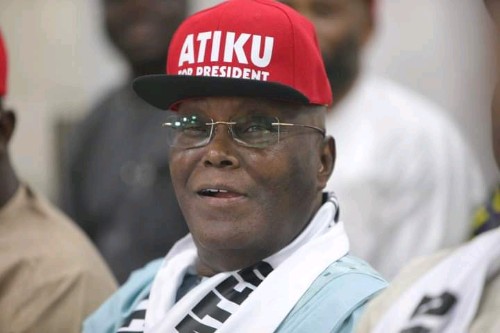
BIG STORY
36-Year-Old US-Based Nigerian Mum Charged With Murder After 9-Year-Old Daughter Dies In Hot Car
BIG STORY
BREAKING: Political Thugs Burn Down ADC Secretariat, Disrupt Inauguration Of EXCO In Ekiti
BIG STORY
BREAKING: Tinubu Nominates Bernard Doro To Replace Former Minister Of Humanitarian Affairs And Poverty Reduction
-
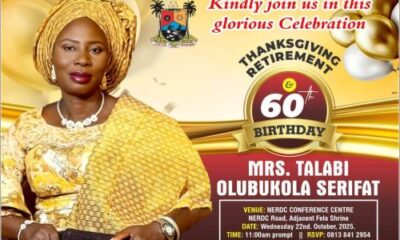
 BIG STORY14 hours ago
BIG STORY14 hours agoLASG Director Serifat Talabi Dies Four Days To Retirement, 60th Birthday Party
-

 BIG STORY14 hours ago
BIG STORY14 hours ago[EXCLUSIVE]: AIT Shuts Down Lagos Office Over Inability To Maintain Staff, Equipments
-
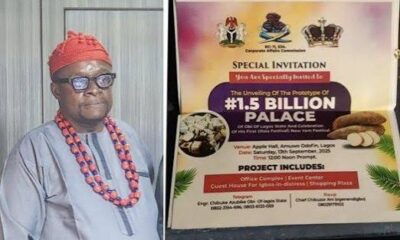
 BIG STORY1 day ago
BIG STORY1 day ago‘Obi Of Lagos’ Apologizes To Oba Of Lagos, Government — Says Printer Erred In Title, Vows To Join APC To ‘Move Lagos Forward”
-
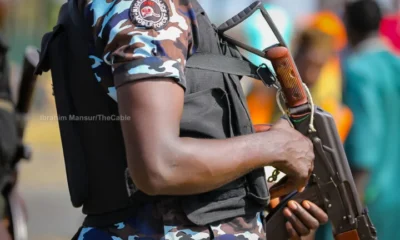
 BIG STORY5 days ago
BIG STORY5 days agoMan Sets Ex-girlfriend Ablaze Inside Oyo Barracks — Victim Rescued By Military Personnel, Hospitalized
-
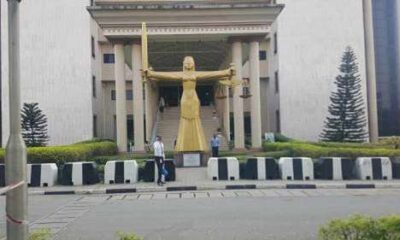
 BIG STORY5 days ago
BIG STORY5 days agoAbuja Court Convicts 59 Chinese, Malaysians For Cybercrime
-
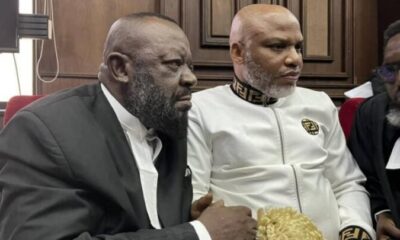
 BIG STORY1 day ago
BIG STORY1 day agoOnanuga Calls For Disciplinary Action Against Nnamdi Kanu’s Lawyer Over Sowore-Led Protest
-
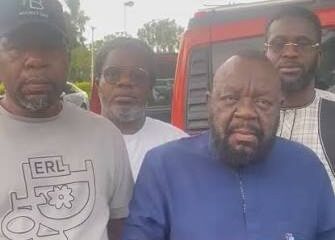
 BIG STORY9 hours ago
BIG STORY9 hours ago#FreeNnamdiKanu Protest: Kuje Court Remands Nnamdi Kanu’s Lawyer, Brother, 11 Others
-
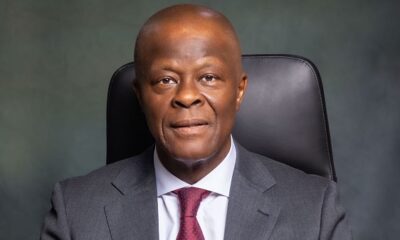
 BIG STORY2 days ago
BIG STORY2 days agoJUST IN: Finance Minister Edun Back In Nigeria, Attends Official Function



















